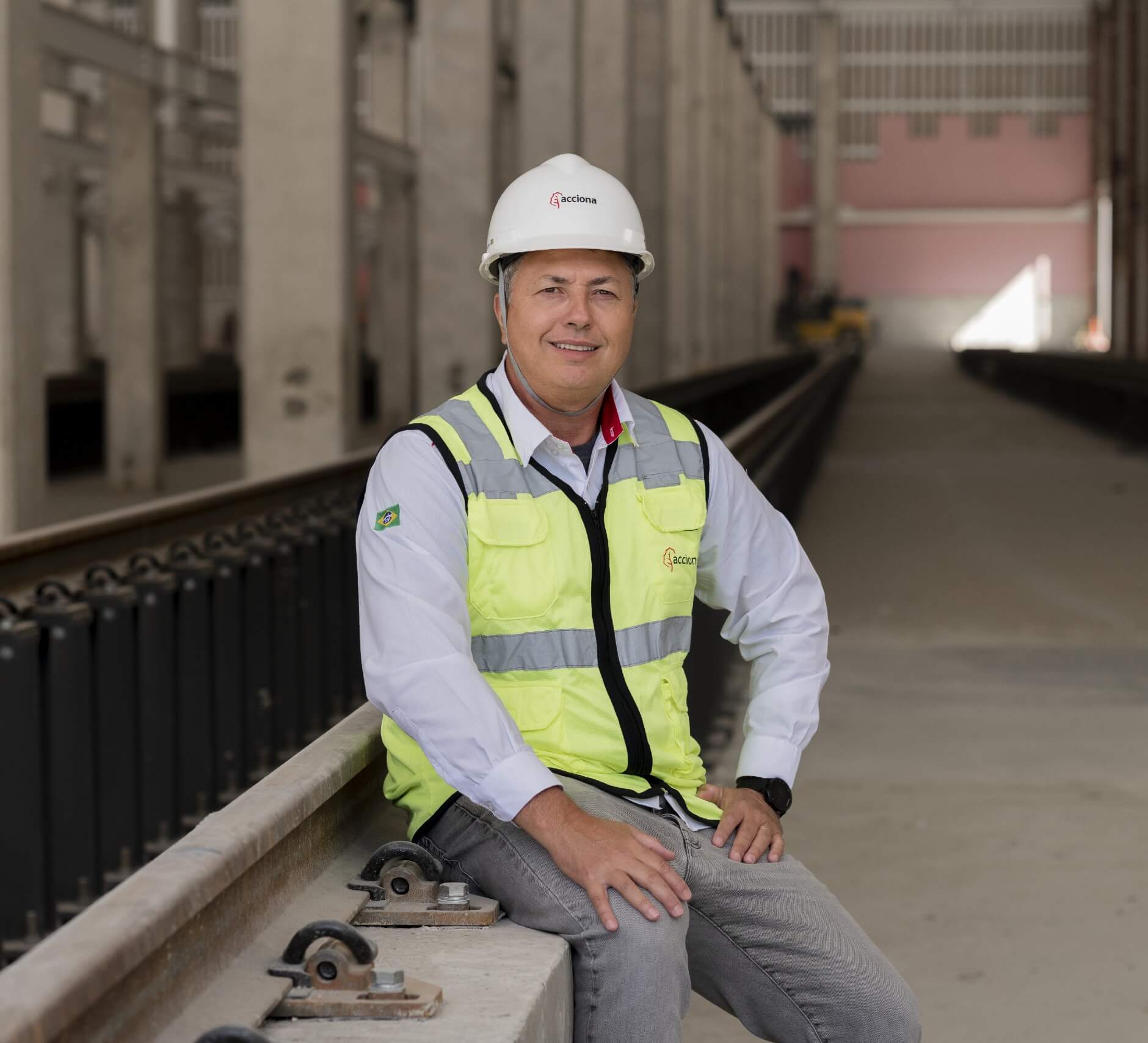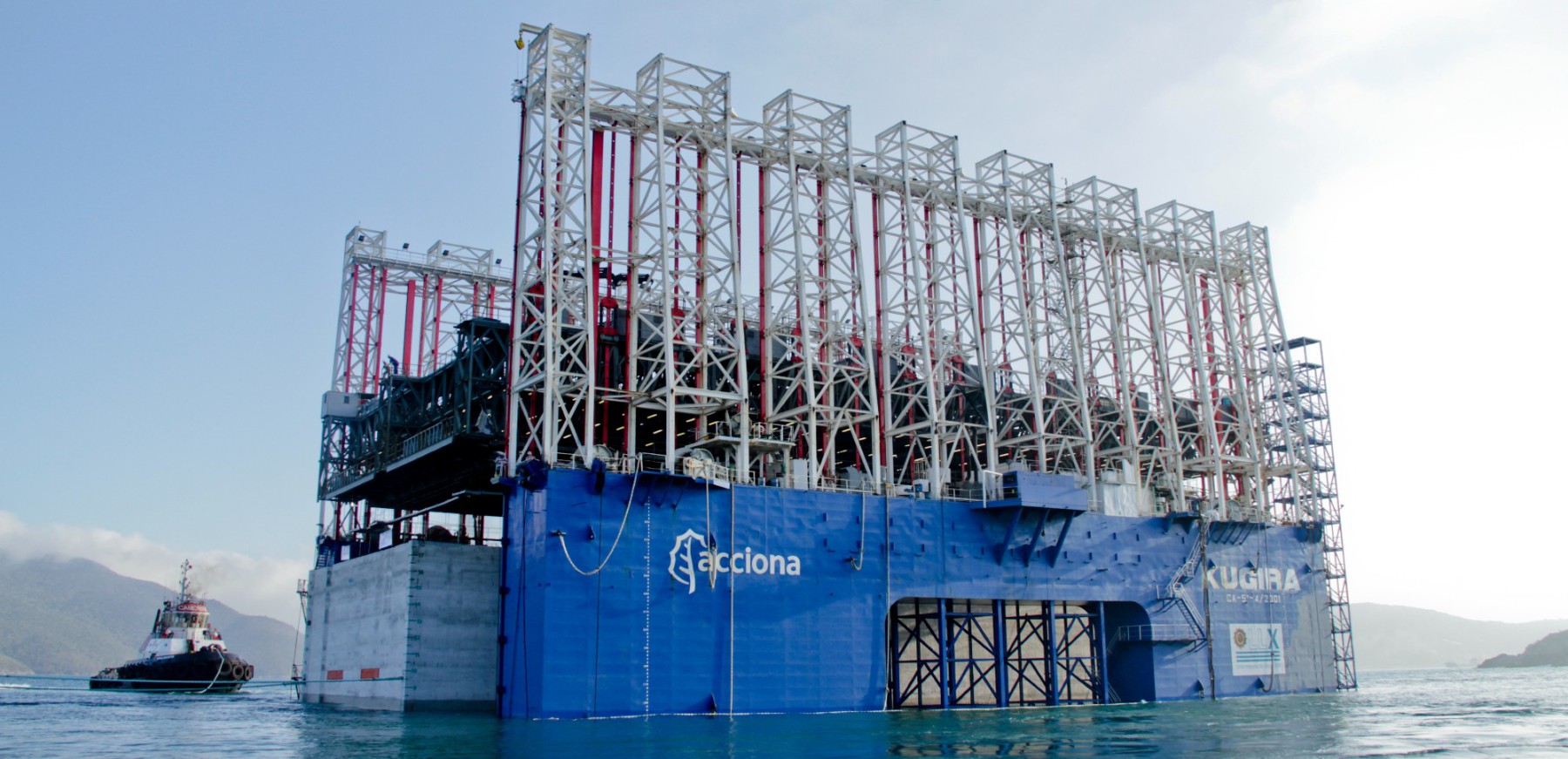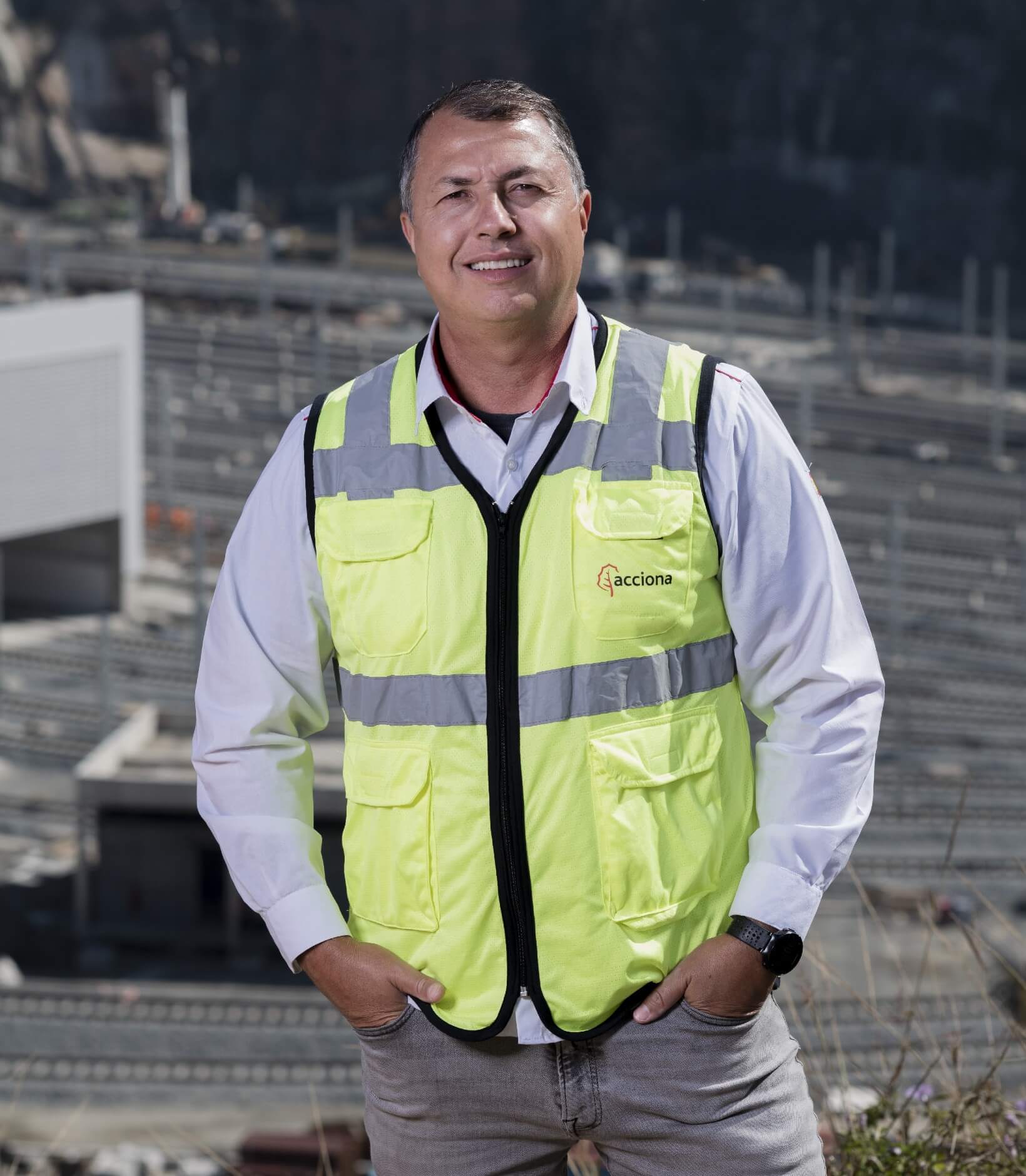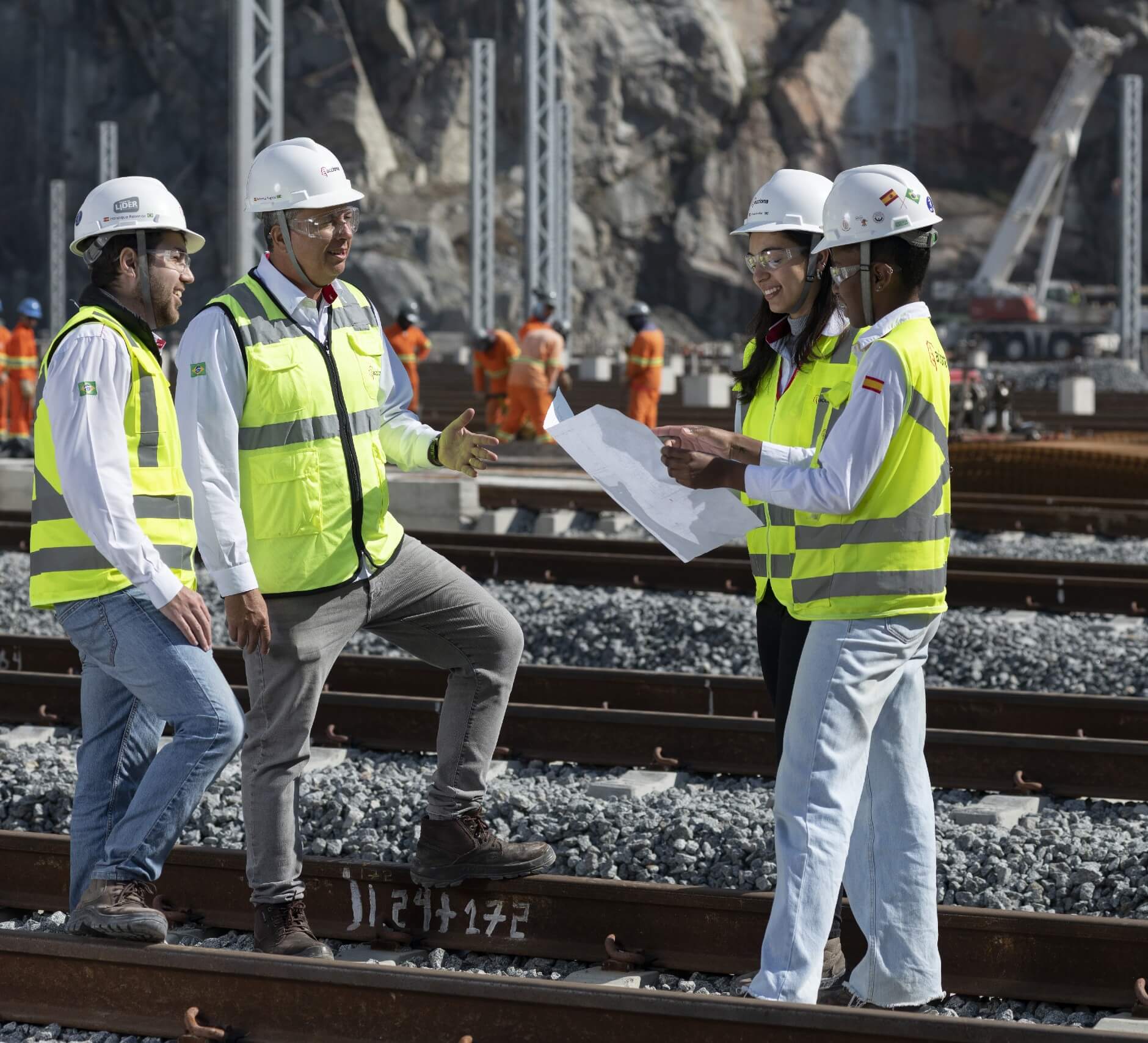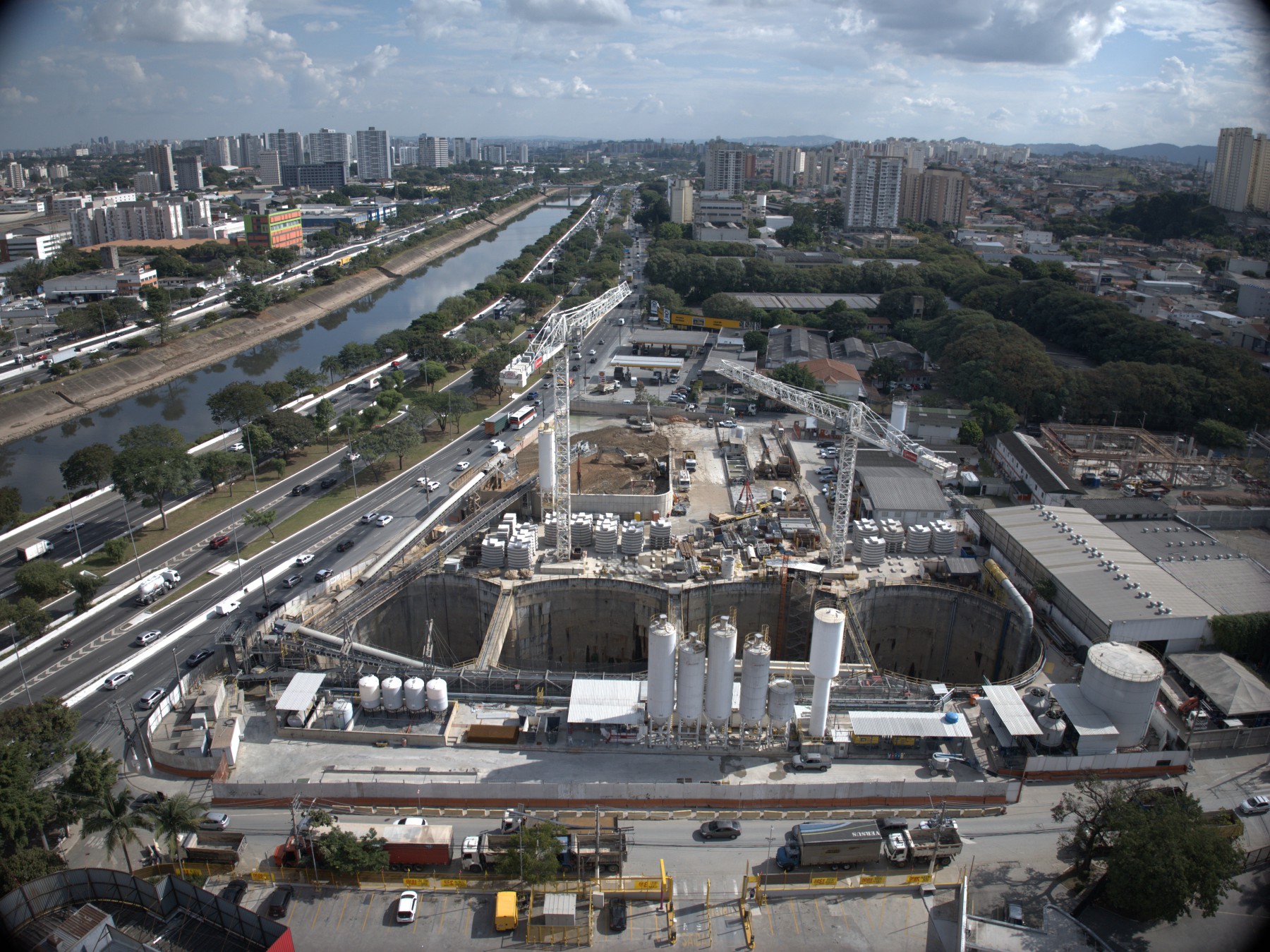Young Arthemus often traveled from Minas Gerais to São Paulo to visit the rest of his family. From the car window, he would take in the world with a child’s curiosity: “I loved the roads… My father would count the cities we passed through… I knew the whole route, where the stops were, where to eat well… I loved being in the car, looking at the landscape.” Did they play something similar to the “I spy” game? “Yes, we would ask what you were thinking or what you were seeing, and you would say: a mountain, a hill, a star, and things like that,” he confirms. This early fascination with human landscapes, buildings, and roads was, in Arthemus’ words, one of the first signs of his calling as a civil engineer.
And that was the career he pursued. He mentions that his parents didn’t have “a lot of money,” and that he spent his first year studying at a private university before managing to enter the Federal University of Juiz de Fora-MG. He paints a realistic picture of that transition: “There I faced a very harsh reality; it was very difficult, very demanding. Even though I was good at studying, I struggled in the first year. I had to dedicate many hours to it. In the end, I only studied and played sports as a release.”
Thus, he kept his passion for team sports like basketball, which he would have pursued professionally if he weren’t 6 feet tall—“which is tall, but a bit short for competing at the professional level.” Besides representing the university in competitions, he also showcased his leadership skills in those games: “I was always the captain of the team. I was someone who brought people together; that was innate to me.”
Favorable winds in the maritime sector
Arthemus kicked off the 21st century working for a maritime port construction company in Rio de Janeiro, a role he saw as a golden learning opportunity: “I didn’t know anything about it; it was a coincidence, but I loved it because I learned new things, and it was an engineering sector I knew little about.” He didn’t realize it at the time, but this experience would be the springboard for his entry into ACCIONA a few years later. The transition was smoother than his difficult first year at university: “There was a significant gap in Brazil in that sector. Anyone with the will, ability, and a bit of management could quickly carve out a niche.”
